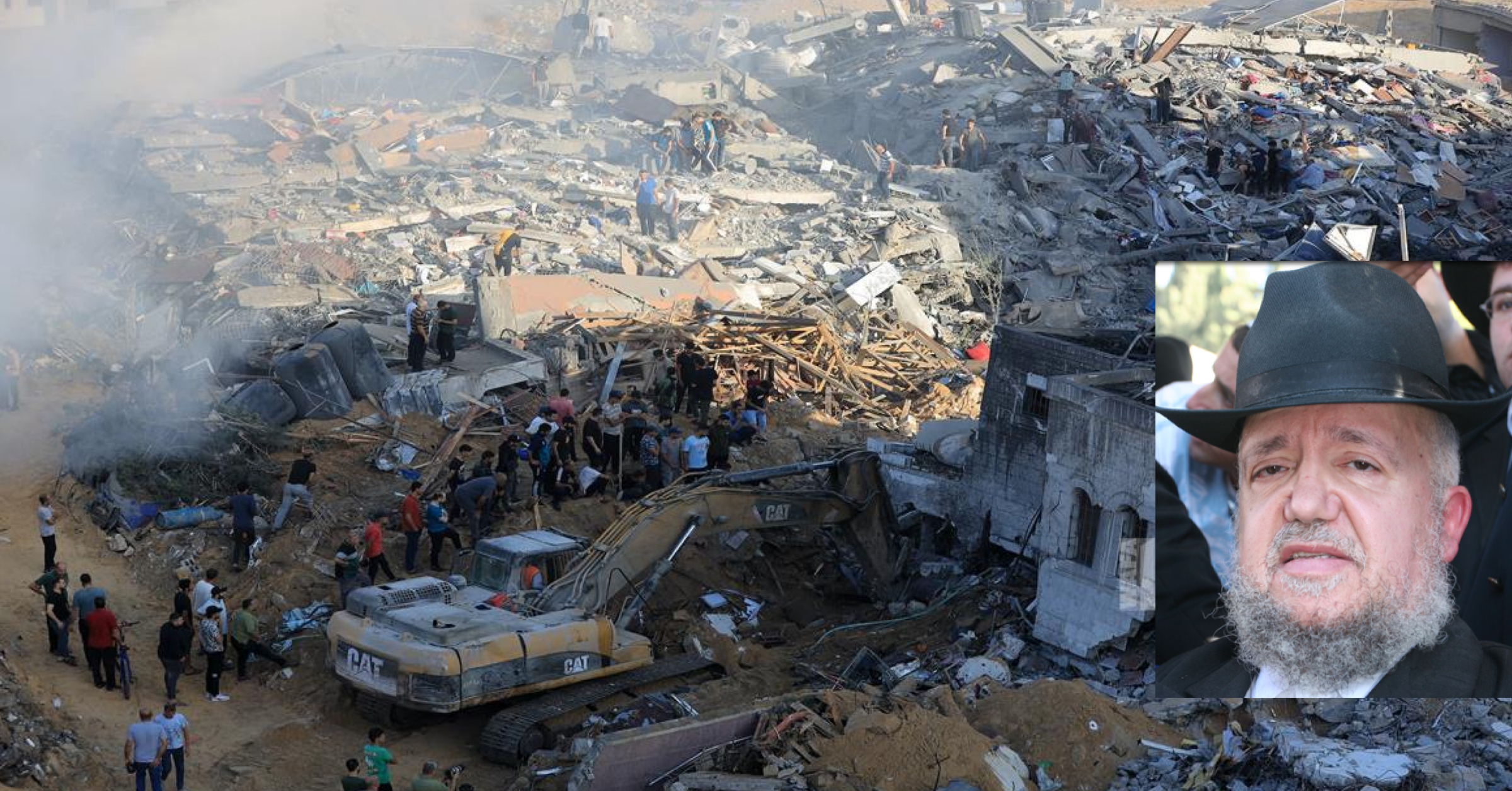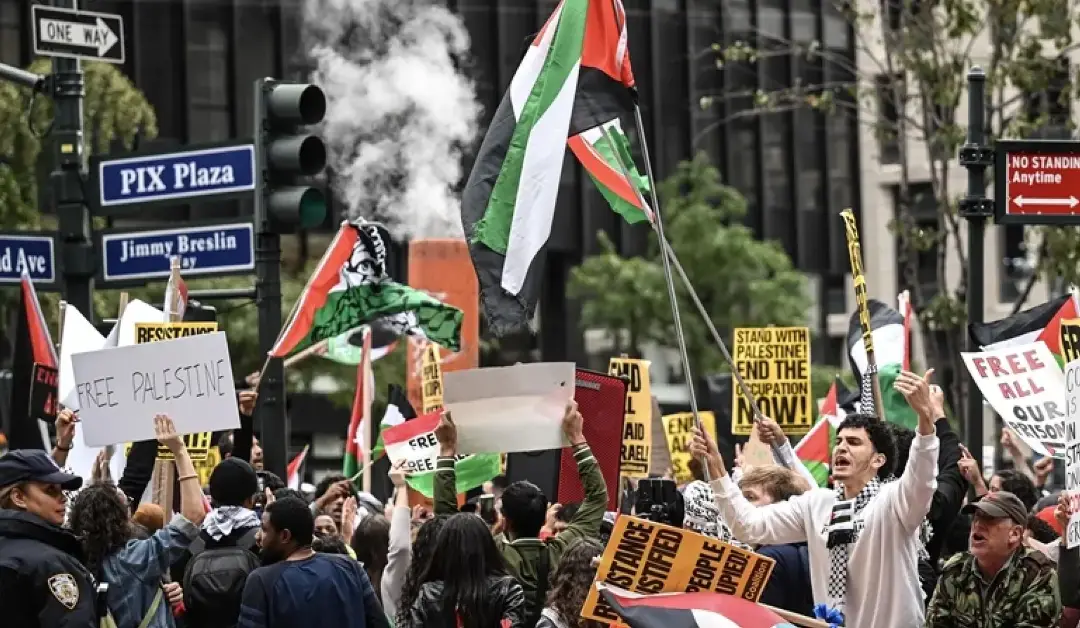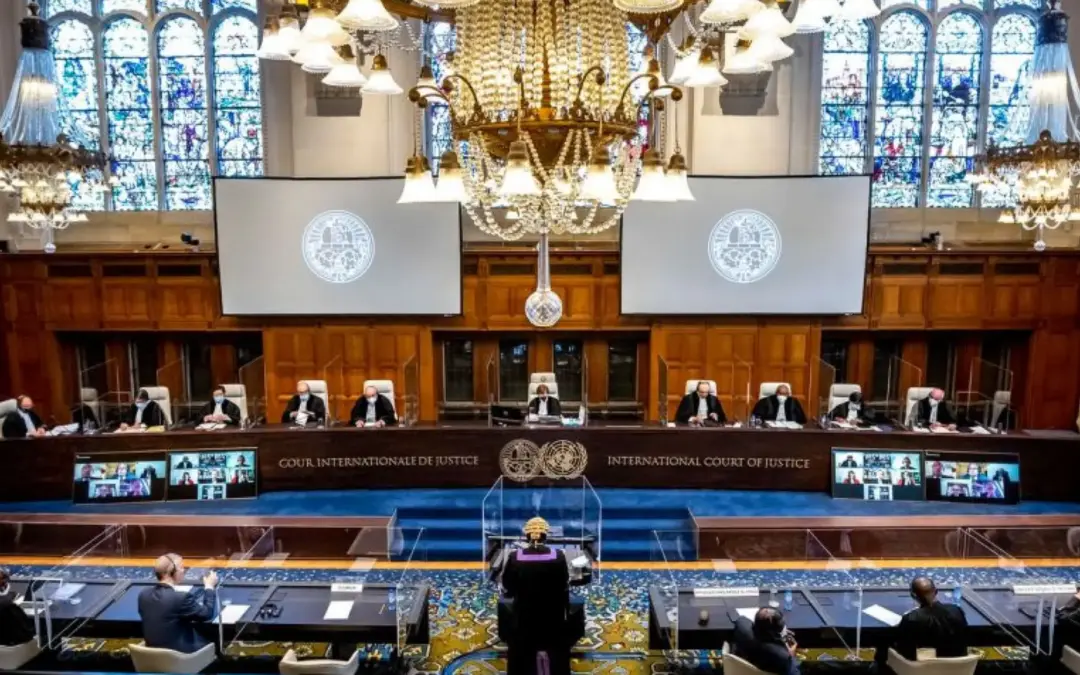In ashocking comments, Rabbi Meir Mazuz, a prominent leader of Sephardic Jews in Israel, has stirred controversy by expressing vehement opposition to US President Joe Biden’s call for humanitarian aid to Gaza. The inflammatory remarks, made during his weekly conversation at a Jewish religious school he founded, have not only drawn condemnation but have also reignited concerns about the broader attitudes towards the ongoing crisis in the region.
The Scandalous Utterances:
According to reports from Israel’s Channel 7 television, Rabbi Mazuz went so far as to claim that God orders them to kill children, suggesting an alarming disregard for human life. In a blatant rejection of Biden’s call for aid, Mazuz asserted that if they were dealing with people, they would send help, but because “we are dealing with animals,” humanitarian assistance should be withheld from Gaza.
Mocking the Humanitarian Crisis:
Mazuz further exacerbated the situation by mocking the dire humanitarian conditions in Gaza, dismissing the need for assistance. He claimed that relying on Arabs to provide aid was a mistake, alleging that the people of Gaza, despite their impoverished state, do not genuinely require humanitarian aid. This callous characterization, asserting that they “just want to harm Israel,” reflects a deeply troubling perspective that further dehumanizes the population suffering under the Israeli blockade.
A History of Fanatic Views:
Rabbi Meir Mazuz is not a stranger to controversy and has a history of expressing extremist views. Previously, he defended the 1994 massacre committed by Israeli terrorist Baruch Goldstein, who opened fire on Muslims worshiping at the Ibrahim Mosque in Hebron. Mazuz’s justification of Goldstein’s actions as preventing a supposed “very big danger” underscores his extreme and divisive ideology.
Condemnation and Implications:
The scandalous words of Rabbi Mazuz have triggered widespread condemnation from various quarters, both within and outside Israel. The international community has expressed deep concern over such dehumanizing rhetoric, as it not only impedes diplomatic efforts but also exacerbates an already volatile situation. The rejection of humanitarian aid to a population facing severe hardships raises questions about the moral compass guiding such decisions.
The recent controversial remarks by Rabbi Meir Mazuz highlight the urgent need for introspection within Israeli leadership and society. Such inflammatory rhetoric not only deepens divides but also hampers the prospects of finding a peaceful resolution to the long-standing Israeli-Palestinian conflict. It is crucial for leaders to promote dialogue, understanding, and empathy, fostering an environment that values human life and seeks a just and lasting solution for all parties involved.











